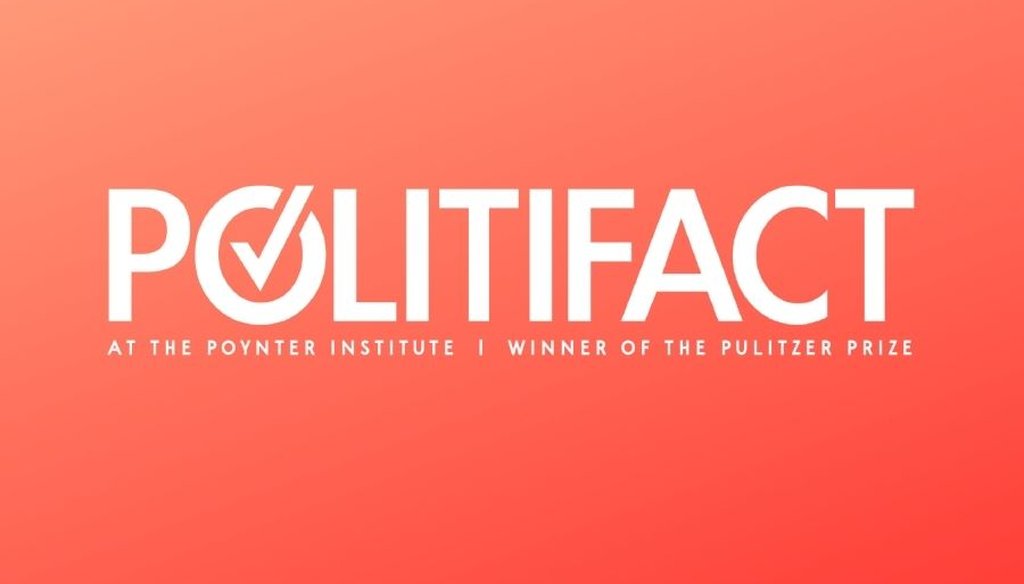Stand up for the facts!
Our only agenda is to publish the truth so you can be an informed participant in democracy.
We need your help.
I would like to contribute

Obama hasn't called for a 3-month freeze, but many mortgage companies have.
On the campaign trail in October 2008, presidential candidate Barack Obama said he would put a three-month moratorium on foreclosures to help homeowners "get back on their feet." The economy was in turmoil, and bold action needed to be taken, he said.
What happened after that gets a little complicated in terms of a foreclosure moratorium. But it's worth reviewing events since the election to see where the promise stands.
Just a few weeks after Obama's election, the federal mortgage holders Fannie Mae and Freddie Mac announced a foreclosure moratorium starting on Nov. 26, 2008. The moratorium lasted until Jan. 31. Two weeks after that, on Feb. 13, the agencies said the moratorium would be reinstated in anticipation of a major Obama plan to address the foreclosure crisis.
Meanwhile, some private banks in various states were announcing their own voluntary foreclosure moratoria. Some followed Fannie and Freddie's announcement, saying they wanted to give troubled homeowners a break during the holidays. Others said they were waiting for the Obama administration to announce its own plan.
On Feb. 11, 2009, the leaders of eight major banks came before Congress to answer questions about how they were using money from the Troubled Assets Relief Program (TARP). During the hearing, Rep. Barney Frank, D-Mass. and chairman of the House Financial Services Committee, told them he expected them to stop foreclosures until the Obama administration had time to present its plan for addressing the crisis. The same day, the U.S. Office of Thrift Supervision called on institutions it regulates to voluntarily stop owner-occupied foreclosures as well.
"I have been unwilling to join in general calls for moratoria on foreclosures when they were open-ended because I wasn't sure that they would be helpful or even applicable," Frank said at the hearing. "But it does seem to me here we have the commitment of (Treasury) Secretary Geithner that he will be putting at least $50 billion" into a mortgage plan.
"I would ask all of you now to please make sure that we have a moratorium in effect," he concluded.
A week later, Obama unveiled his $75 billion plan to help some borrowers with subprime or underwater mortgages refinance their loans. Not everyone will receive help under the plan, though. It excludes investors, speculators, people who fraudulently obtained loans, and people who purchased homes so beyond their means that even refinancing won't help them.
Officials pledged they would release detailed guidelines for the plan in March. The day of Obama's announcement, even more banks pledged to stop foreclosures until the guidelines were released.
Housing activists, however, worry that many borrowers with subprime loans will face foreclosure before Obama's plan goes into effect. Many borrowers have loans that have been securitized and sold to funds, so that no one bank owns their mortgage.
"Even though all the big banks have agreed to a moratorium until the Obama plan is in place, it doesn't help as many people as you might think," said Austin King, national director for ACORN Financial Justice Center. "It would be the height of cruelty for someone to lose their home in March when the plan is ready to go in April or May."
ACORN praised the Obama plan, but the group has also called for a binding moratorium until it's fully in place. But ACORN isn't asking the federal government for the moratorium — it's asking the states. State laws set rules for foreclosure proceedings. Sometimes cities and counties can also act to stop foreclosures.
King says the purpose of Obama's campaign promise was to use the bully pulpit of the presidency to pressure lenders and servicers to stop foreclosures voluntarily.
Obama could issue "a very clear, clarion call for a moratorium until the plan is in place. He has not done that yet," King said. "I would love to hear him say that."
Another group calling for a moratorium on foreclosures is the Greenlining Institute, a California-based public policy advocacy group.
Sign up for PolitiFact texts
"The federal program is very helpful, and Obama has made great strides," said Preeti Vissa, one of the group's program managers. "But we all know that these modifications take time, and we don't want anyone to slip through the cracks."
But let's get back to Obama's promise. Obama has not made a clear call for a three-month moratorium since taking office. But the federal agencies have had a moratorium going essentially since the end of November. Obama has also announced a major housing plan, and federal regulators and other leaders have called for a halt to foreclosures until the plan is in place. Many banks have voluntarily complied. Obama is not meeting the exact letter of his pledge, but clearly a number of voluntary moratoria are currently in effect. Feels like Compromise to us.
Our Sources
See Obameter item.



















































